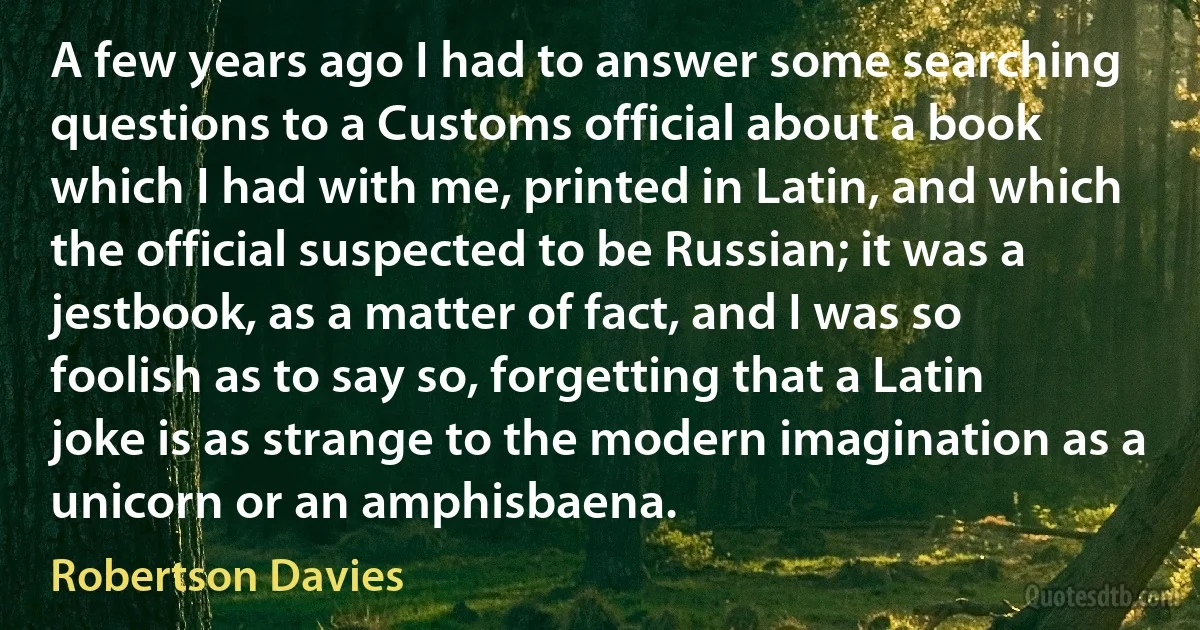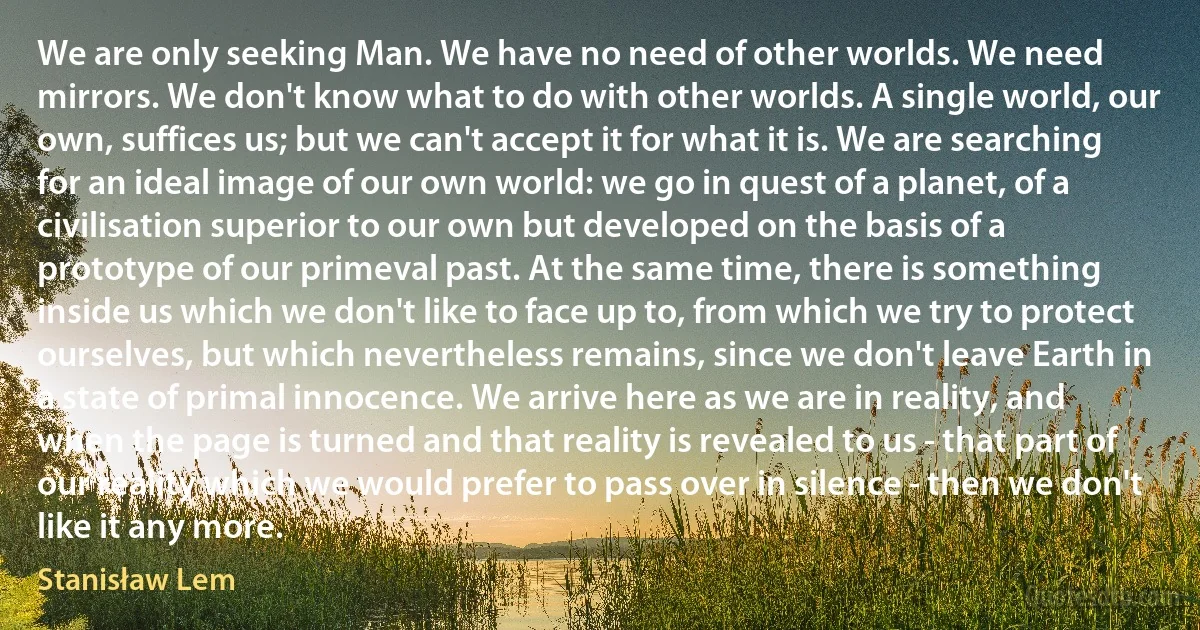Searching Quotes - page 9
I was and still am her great admirer and fan. She signified to me the epitome of Indian grace and culture. She possessed in her the mischievous streak of that precocious village belle and the spirited movement of a Shiv Tandav. She looked vulnerable and lost, searching for protection in one moment, yet knowledged and mature in another. You felt like protecting and guarding her from all the evil of the world and to gently wipe away any frayed eyebrows that may have accumulated on her face. Her performances were pure and clean, without effort and deliberate design. They were just a part of her - simple and soft.

Waheeda Rehman
It is only he, possessed of all sagely qualities that can exist under heaven, who shows himself quick in apprehension, clear in discernment, of far-reaching intelligence, and all-embracing knowledge, fitted to exercise rule; magnanimous, generous, benign, and mild, fitted to exercise forbearance; impulsive, energetic, firm, and enduring, fitted to maintain a firm hold; self-adjusted, grave, never swerving from the Mean, and correct, fitted to command reverence; accomplished, distinctive, concentrative, and searching, fitted to exercise discrimination. All-embracing is he and vast, deep and active as a fountain, sending forth in their due season his virtues. All-embracing and vast, he is like Heaven. Deep and active as a fountain, he is like the abyss. He is seen, and the people all reverence him; he speaks, and the people all believe him; he acts, and the people all are pleased with him.

Confucius
I travel through your waist as through a river,
I voyage your body as through a grove going,
as by a footpath going up a mountain
and suddenly coming upon a steep ravine
I go the straitened way of your keen thoughts
break through to daylight upon your white forehead
and there my spirit flings itself down, is shattered
now I collect my fragments one by one
and go on, bodiless, searching, in the dark.... you take on the likeness of a tree, a cloud,
you are all birds and now you are a star,
now you resemble the sharp edge of a sword
and now the executioner's bowl of blood,
the encroaching ivy that over grows and then
roots out the soul and divides it from itself.

Octavio Paz
There have been many complaints of people interested in the occult sciences that they had never got any chance at all to be initiated by a personal master or leader (guru). Therefore only people endowed with exceptional faculties, a poor preferred minority seemed to be able to gain this sublime knowledge. Thus a great many of serious seekers of the truth had to go through piles of books just to catch one pearl of it now and again. The one, however, who is earnestly interested in his progress and does not pursue this sacred wisdom from sheer curiosity or else is yearning to satisfy his own lust, will find the right leader to initiate him in this book. No incarnate adept, however high his rank may be, can give the disciple more for his start than the present book does. If both the honest trainee and the attentive reader will find in this book all they have been searching for in vain all the years, then the book has fulfilled its purpose completely.

Franz Bardon
Though "none by searching can find out God, or the Almighty to perfection," yet I am persuaded, that if mankind would dare to exercise their reason as freely on those divine topics as they do in the common concerns of life, they would, in a great measure, rid themselves of their blindness and superstition, gain more exalted ideas of God and their obligations to him and one another, and be proportionally delighted and blessed with the views of his moral government, make better members of society, and acquire many powerful incentives to the practice of morality, which is the last and greatest perfection that human nature is capable of.

Ethan Allen
The NSA and GCHQ ... are obsessed with searching out any small little crevice on the planet where some forms of communication may be taking place without them being able to invade it. ... They are obsessed with finding ways to invade the systems of online, onboard internet services and mobile phone services, because the very idea that human beings can communicate even for a few moments without them being able to collect and store and analyze and monitor what it is that we're saying is simply intolerable.

Glenn Greenwald
Picasso.... the master.... being a master: 'I don't search, I find' [a famous quote of Picasso, where he criticize the 'searching' artists].. the master, the mastery.... Producing, producing... He [Picasso! ] only knows how to work, can't do anything else. What lost souls!... The great risk is producing for its own sake. You must never force things. You just have to wait.

Bram van Velde
Where in the lily lurks the mind,
Where in the rose discern the soul?More mindless still, stream, pasture, lake;
The mountains yet more heartless seem. [...]It is their silence that appals,
Their aspect motionless that awes,
When searching spirit vainly calls
On the effect to bare the Cause.

Alfred Austin
Not only the Greeks in general - Aristotle no less than Plato - but the great medieval thinkers as well, all held that there was an element of purely receptive "looking," not only in self-perception but also in intellectual knowing or, as Heraclitus said, "Listening-in to the being of things."
The medievals distinguished between the intellect as ratio and the intellect as intellectus. Ratio is the power of discursive thought, of searching and re-searching, abstracting, refining, and concluding [cf. Latin dis-currere, "to run to and fro"], whereas intellectus refers to the ability of "simply looking" (simplex intuitus), to which the truth presents itself as a landscape presents itself to the eye.

Josef Pieper
Your body needs to be held and to hold, to be touched and to touch. None of these needs is to be despised, denied, or repressed. But you have to keep searching for your body's deeper need, the need for genuine love. Every time you are able to go beyond the body's superficial desires for love, you are bringing your body home and moving toward integration and unity.

Henri Nouwen



